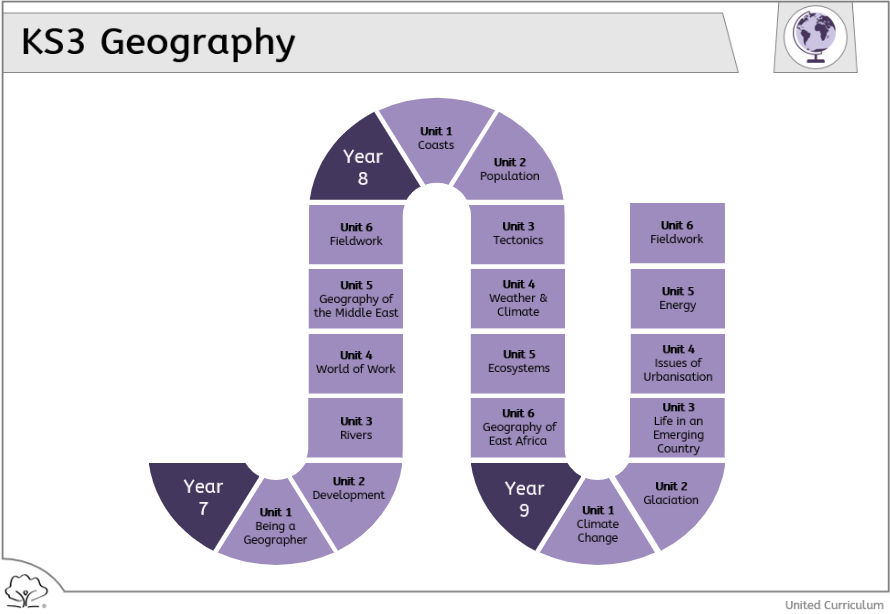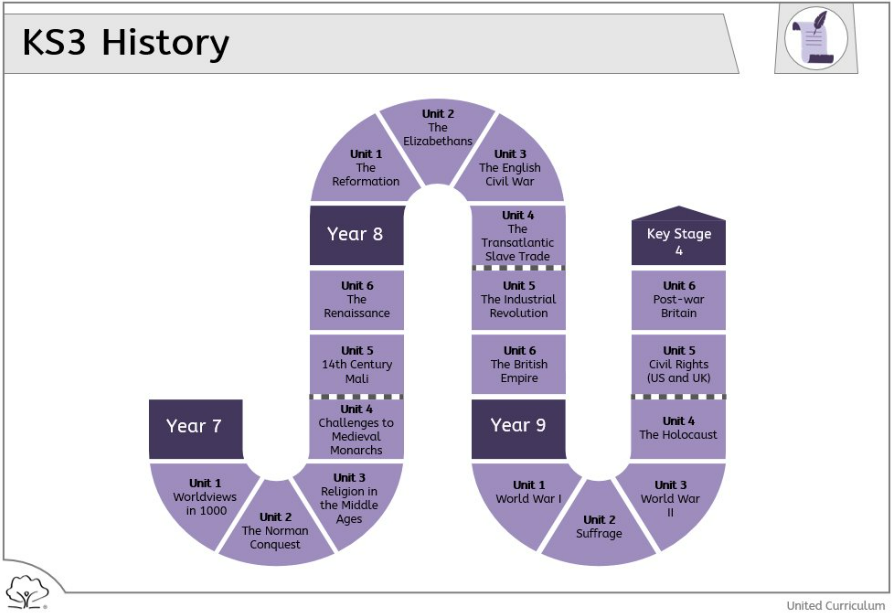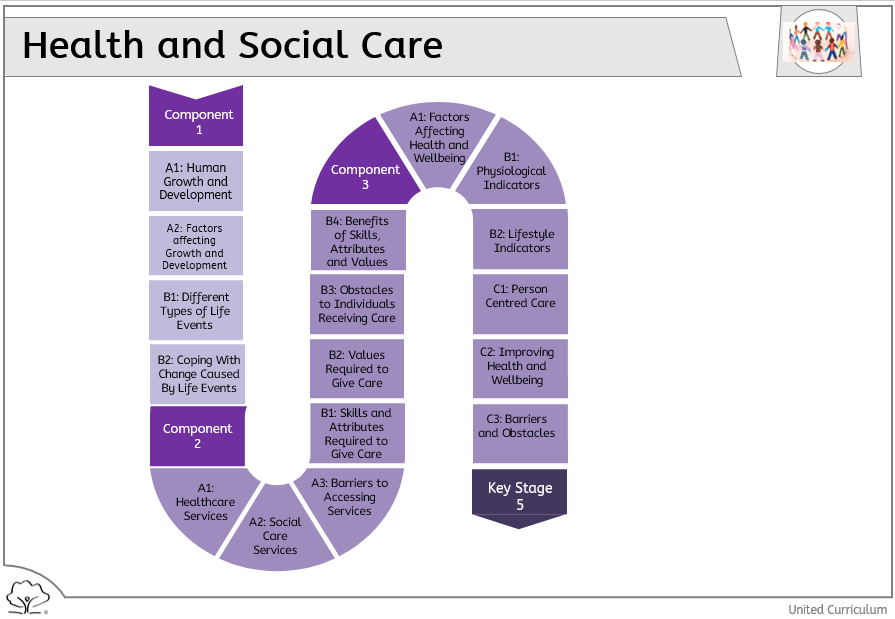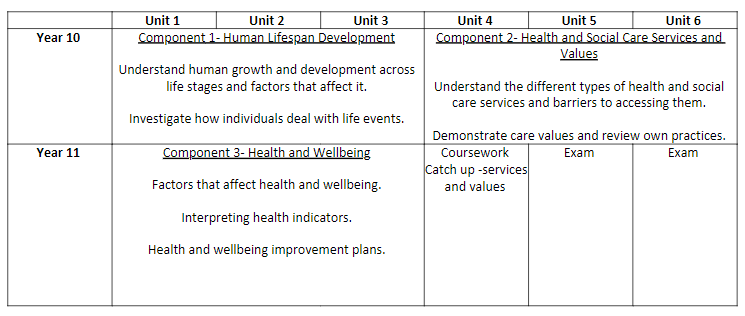Geography
As we are in a period of transition, some unit orders may vary slightly for the academic year 2023/2024.
The Geography curriculum aims to inspire curiosity in pupils about the world and its people, developing a passion for the subject and the fascination to explore relevant, topical issues further. Geography provides pupils with a knowledge of natural and human environments through a broad and varied curriculum and a deep understanding of the Earth’s physical and human processes.
The Geography curriculum prepares students for each stage of their academic journey, but also the world beyond the classroom by ensuring that they are able to think like geographers, using geographical knowledge to make sense of the world around them. The geography curriculum takes a thematic approach to introduce pupils to a variety of places, concepts, processes and issues, using up to date case studies as examples of what is happening in the world.
We also aim to develop character values within the students through teaching about diverse cultures and topical issues that require a tolerant approach to investigating contrasting opinions. With the issue of sustainability more significant in our world than ever, and a key thread throughout geographical topics, students learn to respect the importance of the world we live in and the need to protect it.
At Key Stage 4, the curriculum will expand on the issues and topics studied to continue to use geographical knowledge to make sense of the world around them. Considering both Human and Physical Geography as well as the opportunity to conduct geographical fieldwork. Further supporting pupils understanding of places, concepts, processes and issues in the world.


History
The aim of the history curriculum is to build and grow a wide-ranging interest and passion for history by studying the past so that pupils can understand the world they live in today.
Pupils will be able to foster and develop their written, oral and analytical skills through independent, logical and inquisitive thinking, combined with a tolerant approach to contrasting opinions. Underpinning this academic goal, the curriculum will focus on key aspects of character and allow pupils to cultivate a strong set of British values to inform an understanding of the world we live in and their own place in it.
A strong and inclusive Key Stage 3 curriculum will enable the students to analyse source material, looking at the concept of usefulness before making judgements on the merits of the sources. It will provide students with opportunities for reasoned debates, to listen to other people’s arguments and provide reasoned counterpoints respectfully. This will also include looking at a range of interpretations from different historians, understanding how these interpretations may have been formed and how they can agree or counter these historical interpretations. The curriculum provides a diverse, wide-ranging and thought-provoking series of lessons.
At Key Stage 4, the curriculum will expand on the issues and some of the topics studied at Key Stage 3. Topics such as Henry VIII and his Ministers and the Cold War will be studied to provide students with an understanding of both British history and the wider world. The curriculum will focus on understanding a wider aspect to life than their immediate community, realising that other people think differently and believe different things.


Religious Education
Religious Education intends to offer pupils a holistic experience of what it means to function in a diverse society. We are keen to deliver an academically rigorous curriculum right from Year 7 based on academic study of the Bible and other religious texts and how these have shaped Britain and the world. High standards of academia are also applied to everyday issues that promote the tolerance of others and mutual respect of all within our multicultural society. Knowing others' beliefs will help pupils to shape their own opinions and identity; we study injustice and respect in order to shape the character of pupils in such a way that means they can express their own beliefs while also respecting those of others. Pupils engage in written debate to help them gain an appreciation of what it means to discuss controversial issues productively and develop their own authority in argument.
The RE curriculum challenges pupils from year 7 where they study the core beliefs of Judaism. Pupils learn about their key beliefs and scriptures, they have their first lessons on one of the Abrahamic faiths and this will provide the foundation for their journey in Religious Studies throughout the academy.
In Year 8 pupils will study Islam and pre-Islamic Arabia, the life of the Prophet Muhammad (pbuh) and the importance of the Qur’an. Pupils will be accomplished writers and knowledgeable about the three Abrahamic faiths before they enter Year 9.
Year 9 sees an opportunity to apply the knowledge that pupils have to themes, arguments for and against violent protest and the death penalty is debated. Sanctity of life and euthanasia as well as the different perspectives on the creation of the universe and the existence of God. These are linked to the religions studied in the first two years.
The key Stage 4 curriculum expands on the topics taught in Years 7, 8 and 9. The death penalty and different religious perspectives are debated. Pupils must show an understanding of why theists have different views within their own religion. They will also research the beliefs of Christianity and Islam and practices.

Health and Social Care
The main objective of the Health and Social Care curriculum is to inspire young people to work within services that support a wide range of people.
The Health and Social Care curriculum aims to ensure that all pupils:
• Are aware of the job roles and responsibilities undertaken by a range of professionals
• Aim to actively pursue a healthy lifestyle with an understanding of why this is important
• Have the knowledge to access Level 3 or Higher Education courses in Health and Social Care (if they choose to)
Pupils are assessed via coursework and one exam for Health and Social Care.
Enjoyment and enthusiasm are at the forefront of our curriculum, with a broad yet balanced range of units covered. The units covered also aim to develop the knowledge of the wider world and where and when medicine or health-based practices have originated from, promoting cultural capital.
British values are shown throughout Health and Social Care lessons from the rule of law, the culture of the NHS compared to other countries and the mutual respect shown between the health and social care professional and the person accessing the care. The Health and Social Care curriculum leads to many different career pathways. Within the curriculum, units are taught to help pupils gain further understanding of career routes and progressions within a multitude of careers as well as allow them to undertake time working within a Health and Social Care setting if they wish.


The main objective for the Health and Social Care curriculum is to inspire young people to work within services that support a wide range of people.
The Health and Social Care curriculum aims to ensure that all students:
• Are aware of the job roles and responsibilities undertaken by a range of professionals
• Aim to actively pursue a healthy lifestyle with an understanding of why this is important
• Have the knowledge to access Level 3 or Higher Education courses in in Health and Social Care (if they choose to)
Students are assessed via coursework and one exam for Health and Social Care. We have numerous points for students to recall information with the implementation of do now’s every lesson. For those students that do take Health and Social Care as an options subject, the knowledge and skills that are then learnt in a theory setting can be built further upon.
Enjoyment and enthusiasm are at the forefront of our curriculum, with a broad yet balanced range of units covered. The units covered also aim to develop the knowledge of the wider world and where and when medicines or health-based practices have originated from, promoting cultural capital. British values are shown throughout Health and Social Care lessons from the rule of law, the culture of the NHS compared to other countries and the mutual respect shown between the health and social care professional and the person accessing the care.
The Health and Social Care area leads to many different career pathways. Within the curriculum, units are taught to help student’s gage further understanding on career routes and progressions within a multitude of sporting careers as well as allow them to undertake time working within a Health and Social Care setting if they wish.



